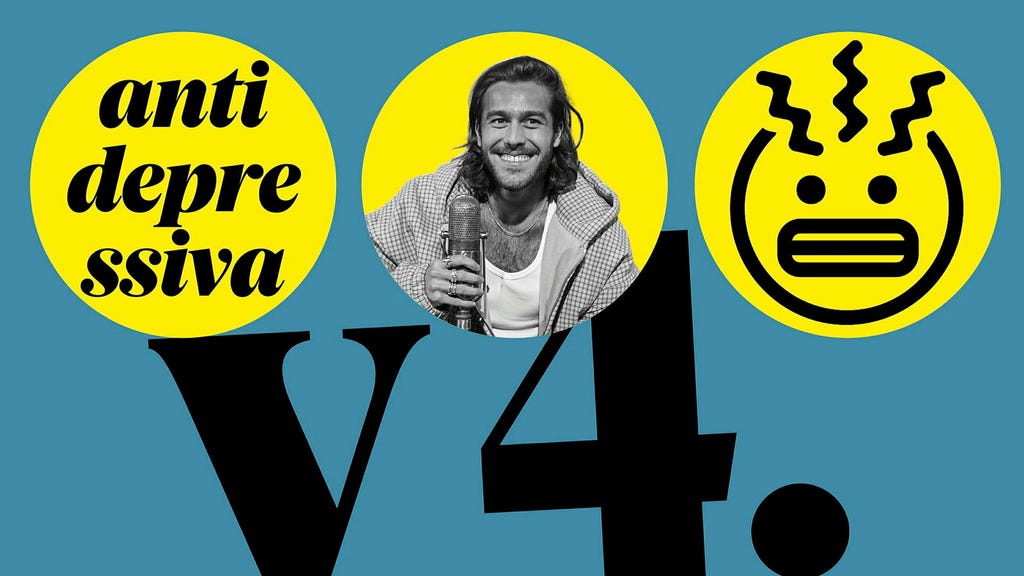The Swedish translation of Timothy Snyder’s acclaimed book ”On Tyranny” became the center of a heated debate regarding the translator’s liberties with the original text. Reviewer Per Andersson, from SVT’s ”Kulturnyheterna,” uncovered the discrepancies, revealing that the Swedish version contained an added clause not present in the original. Further investigation revealed that the translator, ”Kerstin Oscarsdotter,” was a pseudonym for established translator Margareta Eklöf, who confessed to altering the text, claiming she didn’t want her reputation tarnished by associating with what she perceived as a subpar book. This sparked widespread condemnation, with critics and commentators arguing that a translator’s role is to faithfully convey the author’s message, not to ”improve” or alter it based on personal opinion. The publisher, Albert Bonniers Förlag, ultimately withdrew the edition, promising a new, accurate translation.
The controversy ignited a larger discussion on the role and responsibilities of a translator. Experts and fellow translators largely agreed that Eklöf’s actions were unacceptable. Jens Christian Brandt, writing in DN, emphasized that a translator cannot fabricate subtext, placing blame also on the publishing house for allowing the altered version to be printed. Jenny Högström, a translator herself, admitted to encountering passages she found lacking in quality, but stressed the importance of adhering to the original text. Snyder himself confirmed the translation was not just technically flawed but also fundamentally altered his intended message. This incident highlighted the potential for subjective interpretations to distort an author’s work, emphasizing the crucial need for accuracy and fidelity in translation.
Adding a layer of intrigue to the controversy was Eklöf’s claim that she consulted an anonymous ”philosopher,” allegedly hired by the publishing house, during the creation of the added clause. This mysterious figure introduced an unexpected element to the narrative, casting the normally prosaic profession of translation in a more intriguing light. While it raised further questions about the decision-making process at the publishing house, it also inadvertently romanticized the role of the translator, suggesting a world of behind-the-scenes consultations and intellectual debates which, ironically, may have enhanced the profession’s image.
Beyond the Snyder controversy, the week’s news also touched upon other cultural topics. The podcast ”Det sista pillret” (The Last Pill) by Johan Cedersjö spurred a conversation on mental health and antidepressants, with contrasting opinions on their efficacy and usage. Johan Hilton, writing in GP, expressed personal satisfaction with his experience using antidepressants, while psychiatrist Johan Bengtsson, in SvD, cautioned that a majority of those prescribed antidepressants do not actually suffer from depression. This highlights the ongoing debate surrounding the appropriate use of these medications and the broader societal understanding of mental health issues.
In the political sphere, Bishop Mariann Edgar Budde’s remarks following Donald Trump’s inauguration provided a poignant counterpoint to the then-president’s rhetoric. Her plea for compassion towards immigrants and LGBTQ+ individuals, regardless of their documentation status, underscored the anxieties felt by these communities in the face of changing political landscapes. Her statement, emphasizing the humanity of these groups and their right to not live in fear, resonated with many and exemplified the role of religious leaders in advocating for social justice.
Finally, on a lighter note, the week’s cultural highlights included Benjamin Ingrosso’s triumph at the P3 Guldgalan, where he garnered four awards, including Artist of the Year and Album of the Year. This segment of the news offered a snapshot of the current trends in Swedish popular music and celebrated Ingrosso’s artistic achievements. The week’s cultural recommendations, featuring film, literature, music, and streaming selections, further showcased the diversity and vibrancy of the arts scene, ranging from thought-provoking dramas to catchy pop anthems. These curated lists provided a glimpse into the cultural landscape and offered suggestions for readers and audiences seeking new artistic experiences.














